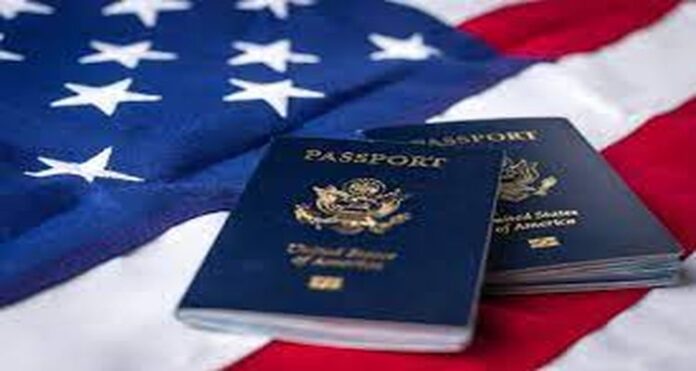| Translate This News In |
|---|
It’s only a small box to check on an application form, but it’s a huge step forward for D. Ojeda, a non-binary person who became one of the first Americans to apply for a gender-neutral passport on Monday. “Even my family doesn’t get it,” Ojeda, a 34-year-old activist who goes by D. and uses the pronouns “they, them,” said. “At the very least, I have the government to tell me who I am as a person.” The option to receive a passport with a “X” gender designation, made available by US President Joe Biden’s administration on Monday, has been hailed as a boon for an estimated 1.2 million Americans whose gender identity falls outside the subgroups of man or woman.
It came at a time when Republican lawmakers across the country were passing legislation that critics say limits LGBTQ rights and is likely to exacerbate tensions over gender issues in a deeply divided country.
Ojeda began filling out the lengthy online passport application form at their home in the Washington suburb of Alexandria, first entering their first and last name, then selecting one of three gender options: M for male, F for female, and X for people who do not identify as either. They opted for the latter.
They also checked the “gender change” box to reflect the fact that their previous passport identified them as female. They were not required to provide any medical documentation in order to make the change.
“I think that’s incredible,” said Ojeda, a doctorate-level psychologist who works as an organiser at the National Center for Transgender Equality (NCTE).
“What makes it difficult for trans people is how difficult it is to change anything,” such as legal documentation, according to Ojeda.
When Ojeda and their NCTE colleagues found out about the new passport option, they “started crying at each other,” Ojeda said, sitting at their desk in a blue sweater, a thin beard, and their hair pulled back.


















